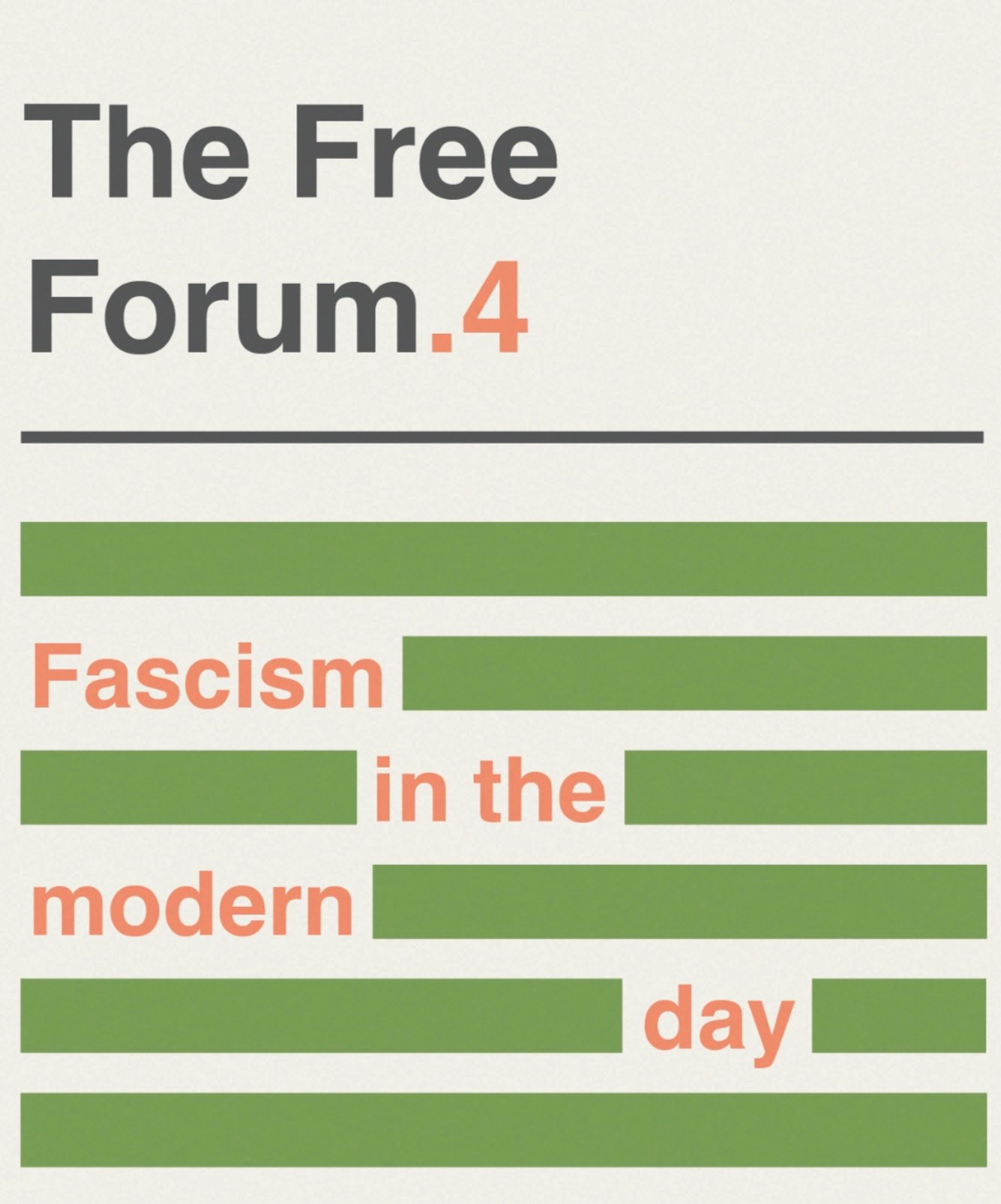
How do you predict the future? The Free Forum Edition 4
My tarot lady speaks with a thick Eastern European accent. She has hair that looks like straw, a rough face, and stubby fingers accented by colourful, painted nails. She performs her rituals – spells and predictions – in Russian, lending an air of mystery and authenticity to what might otherwise be called a con.
I first came across her on TikTok, where she had amassed around 50 thousand followers, a following built upon short videos of candlelit card readings. She calls herself a ‘Tarot Guru’, despite a slightly creaky website and a WhatsApp business account, listing prices from £60 to £250 per reading.
‘If you come across this reading, this message meant for you’ – is the phrase banded around on ‘Tarot-Tok’, the corner of TikTok filled with online fortune tellers offering just what you want to hear. ‘You are about to make a million dollars, your dream job is just around the corner, and the ex you miss will be back tomorrow.’
The trend conjures up images of the opening scene of famed Nouvelle Vague director Agnes Varda’s Cléo de 5 à 7 (1962) in which the protagonist’s fate appears to be sealed from the get-go when she visits a fortune teller, whose words set the course for the remainder of the film. Psychologists might call this the Barnum effect, a tendency to believe vague, general statements as personal and prescriptive.
This ‘new industry’ of online tarot readers seems to have replaced the astrologers, political prophets, and agony aunts of days of old – Madame Arcati in a modern incarnation – with an emphasis on fate and divine timing, powered by algorithms.
Like many others, I was intrigued by this exotic world of fortune-telling and spells, seeking answers to complicated questions in the personal and professional spheres. Soon, I noticed friends also starting to follow this type of content, joking in messages: ‘I wish TikTok would stop feeding my delusions’. Yet behind the humour lies a very real desire to know what the future holds.
After months of following this type of content, I noticed that a dark cloud could be cast over my day if the tarot lady pulled cards that didn’t resonate with me – her prophecies didn’t come true as promised, and her spells didn’t have the desired effect.
The temporary comfort provided by a positive reading could easily be overshadowed by the anxiety and disappointment of unmet expectations. A dependence on such content can lead to a vicious cycle of disillusionment: when the predictions fail to manifest, viewers are left feeling more lost and confused than ever.
This recent proliferation of ‘witchy’ social media content got me wondering: what exactly are we seeking with this kind of prophetic material?
In fact, the allure of online tarot is easy to understand. In an increasingly uncertain world of precarious markets and unresolved conflicts, prediction has become essential currency. While institutions and experts fall short on forecasting elections, tariffs, or ceasefires, alternative oracles fill the void, offering at least an illusion of clarity.
The mystical and arcane have always prompted a fascination, but the birth of the internet has turbocharged this interest. The addition of the instant gratification delivered by social media makes for a potent mix that is hard to resist.
In today’s economy of attention, algorithms play upon an inherent human desire for security and certainty. Whether through trivial questions about daily luck, or bigger ones about geopolitics or climate, advice, projections, and outlooks often appear exactly when we are most receptive.
The often-theatrical presentations of age-old rituals like tarot readings, packaged into 60-second videos on platforms like TikTok and Instagram, create a sense of personalised insight, tailored to our inquiries, big or small. It feels intimate, personal, like fate. It feels real.
Not dissimilar to the new wave of AI chatbots, fast-becoming Gen-Z’s Mystic Meg. As of August 2025, Meta and startup Character.ai are under investigation by Texas attorney-general, Ken Paxton, over misleadingly marketing their chatbot as a therapy tool.
There’s no denying the power of prophecy. Just as a horoscope or tarot reading can lead to changing behaviours, an economic forecast can influence investment. Be it from tarot gurus or Wall Street’s models and metrics, we seek the same: the promise of accurate prediction. Yet both mystics and machines often stumble, and the future remains persistently unpredictable.
Whether it’s the lifespan of today’s AI summer or the possibility of lasting peace between Russia and Ukraine, uncertainty is the only constant. In the end, prophecy – like imagination – offers us a way to navigate the uncertainty that defines our lives.
Read more here: https://www.thefreeforum.co.uk
Post a comment